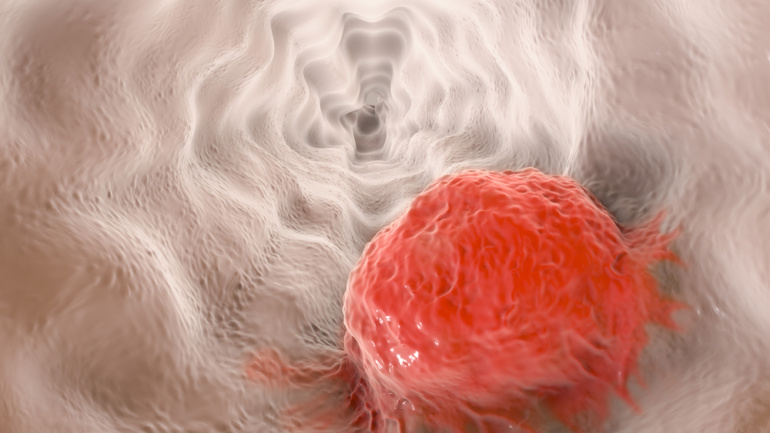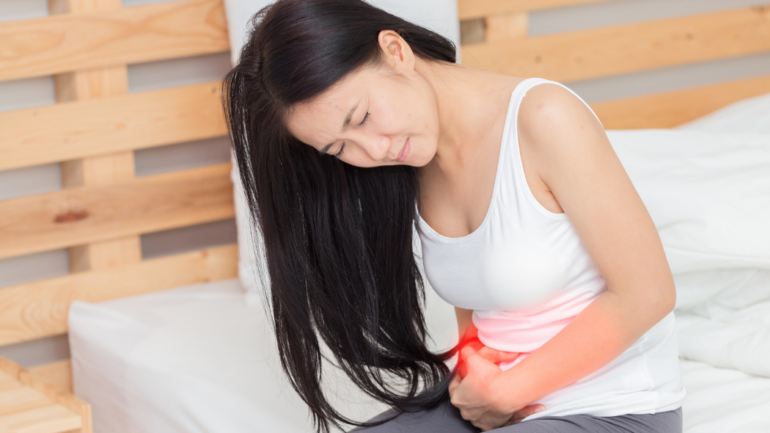Breast cancer is the most common cancer in Chinese women. The average age at diagnosis for Chinese women is between 45-55 years old, which is 10 years earlier than for women in the U.S. or Europe. It is thus particularly important for Chinese women to be more aware of the disease, either to prevent breast cancer or to make sure it is detected at earlier, more treatable stages.
Women who experience or have been exposed to the following are at higher risk:
- Early periods (before age 12) or late menopause (after the age of 55)
- Not having children or having them later in life (after the age of 30) *
- Family history – Having a parent or sibling with breast cancer roughly doubles a woman’s individual risk. However, most women (over 85%) who get breast
cancer do not have a family history of this disease. - Use of birth control pills – This risk seems to return to normal over time after the pills are stopped*
- Not breast-feeding – Women who continue to breastfeed for 1½ to 2 years are at slightly lower risk.*
- Personal history – survived breast cancer, had certain benign breast tumors, or have had radiation to the chest are at higher risk for new breast cancer (which is different from recurrence)
- Alcohol use – Women who have 1 alcoholic drink per day have a very small increase in risk, but women who have 2-5 drinks per day have a 50% increase risk compared to women who do not drink alcohol.
- Hormone therapy after menopause – Especially combined estrogen / progesterone therapy
- Received DES (diethylstilbestrol) during pregnancy – common from the 1940s to 1960s, affects both recipients and daughters in the womb
- Obesity – After menopause, fat cells produce most of a woman’s estrogen. Also, persistently high insulin levels are linked to breast cancer.
*Thought to increase risk because these women experience a higher lifetime number of menstrual periods.




